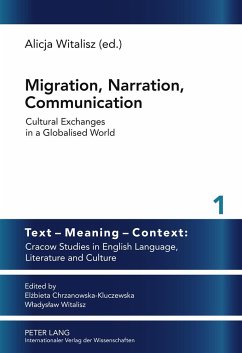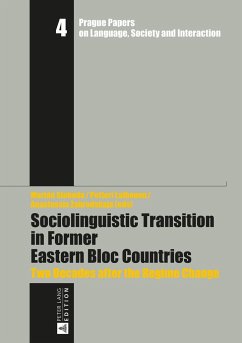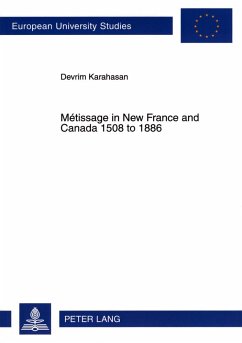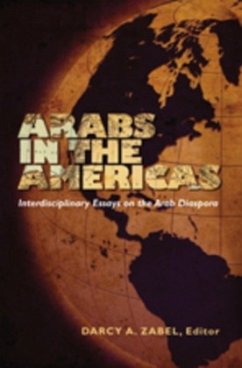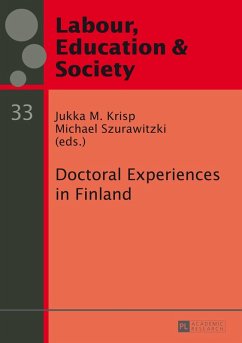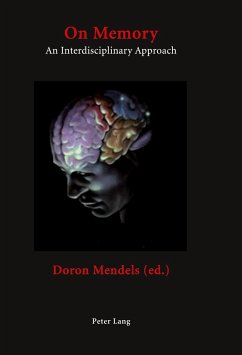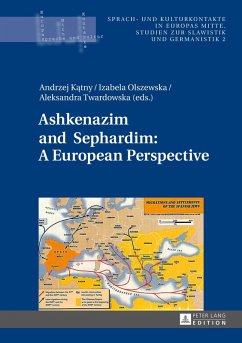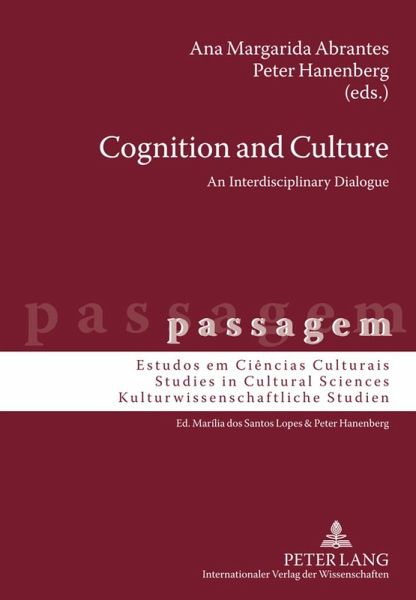
Cognition and Culture
An Interdisciplinary Dialogue
Herausgegeben: Abrantes, Ana Margarida; Hanenberg, Peter
Versandkostenfrei!
Versandfertig in 6-10 Tagen
53,50 €
inkl. MwSt.

PAYBACK Punkte
0 °P sammeln!
Human beings are cultural by nature. The human mind is as much the individual result of exquisite evolutionary engineering, as it is the outcome of an intense synergy with other minds in a densely social environment, shaped by culture. This realization encourages an interdisciplinary dialogue, in which scientists and humanists come together to discuss two challenges: studying culture in the age of cognitive science, and studying cognition with culture in mind.



